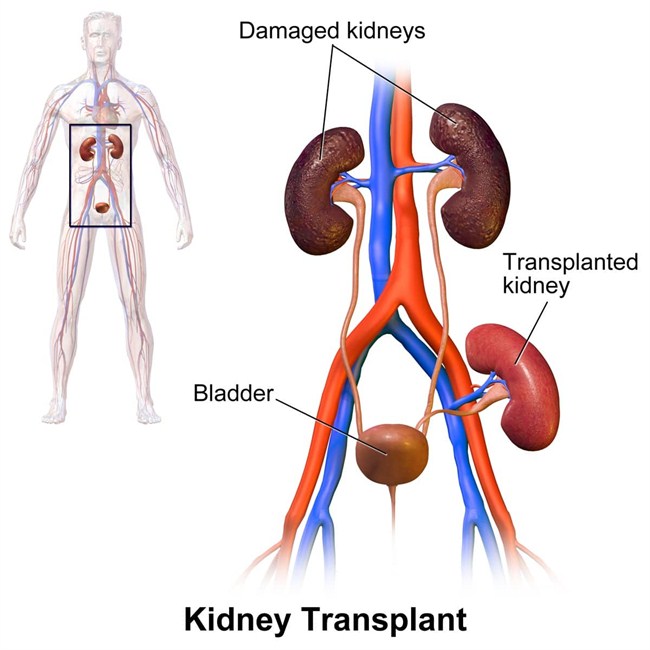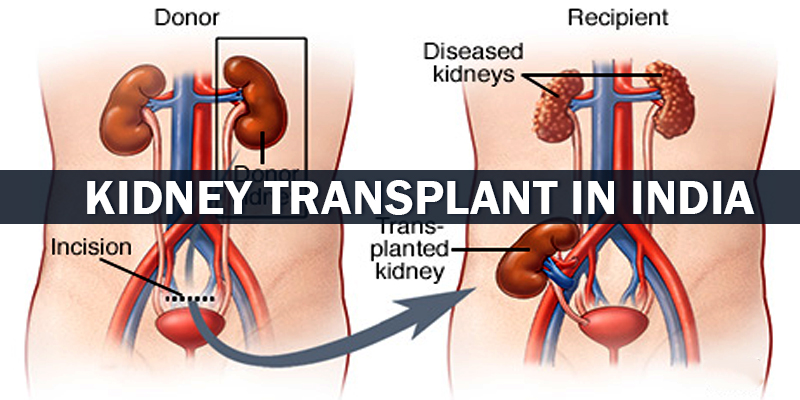
Kidney Transplant in India
Kidneys are two essential organs located on both sides of the abdomen in the human body. The kidney resembles a bean shape and has a size of around 10.9 cm right side and 11.2 cm left side. Kidney functions involve filtering blood and eliminating waste through urine.
Other kidney functions include balancing the blood’s water and minerals (calcium, sodium, potassium, phosphorus).
What is Kidney Transplant?
A kidney transplant is a procedure of replacing healthy kidneys with diseased kidneys.
Kidney Transplant Requirements
Every hospital has its requirement for accepting kidney transplant patients. In general, candidates should have:
- Last stage of renal failure or dialysis
- Last stage of chronic kidney ailment, trying to get dialysis
- A life expectancy of a minimum of five years
How Many Kidney Transplants Can An Individual Have?
Sometimes, patients can have 2-3 or 4 kidney transplants in their lifetime. Again, your physician can tell you the options available for you.
Kidney Transplant Types
Kidney transplants have two types:
Deceased-Donor Kidney Transplants
This type of kidney transplant is common. A deceased donor refers to a donor who dies, and their kidney is extracted and used for donation to another needy patient. Generally, patients on the waiting list for kidney transplants get one kidney, but there are also possibilities to get two kidneys.
Children are a priority on the transplant waiting list.
Living-Donor Kidney Transplants
Everyone has two healthy kidneys, but a person can survive with one kidney also. A living donor is an individual who donates his kidney to a needy patient.
Living donors include:
- Parent
- Friend
- Relative
- Neighbor
- Stranger (a volunteer looking to help a child)
Another option is a kidney exchange program when you do not find a donor from friends and family. During a kidney exchange program, a healthy person donates a kidney to another person to get a matching kidney for their family members. A living donor should be 18 years old.














